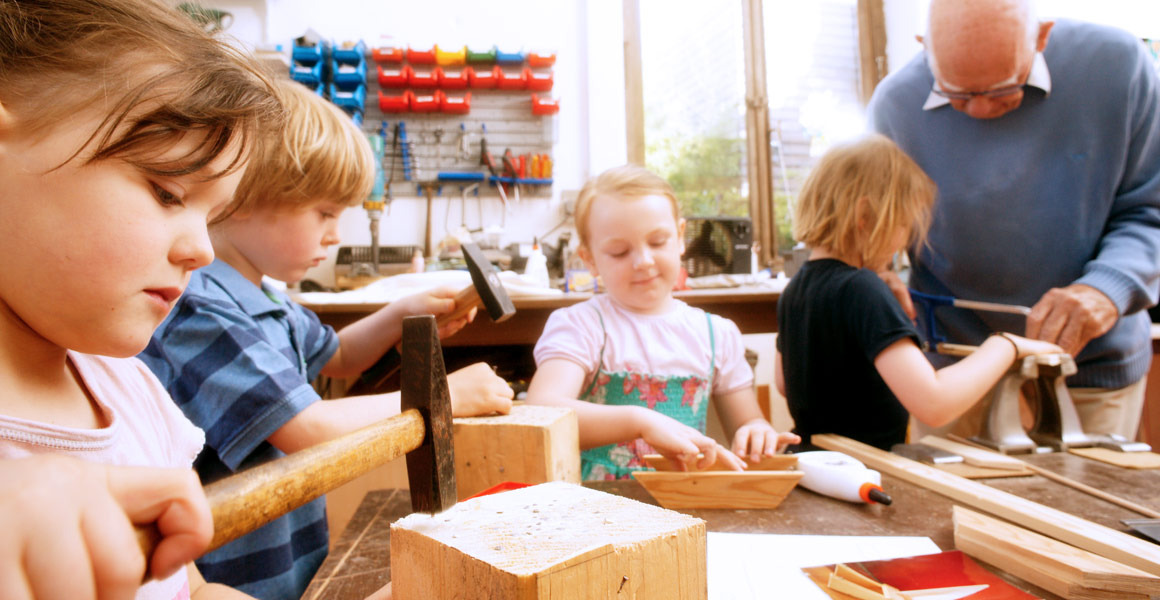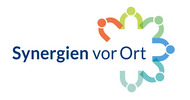

Project description: Achieving more together
In Germany, people in need of assistance are supported by a wide range of non-profit organisations and volunteers. Our goal is to make this collaboration more effective.

In Germany, people in need of assistance are supported by a wide range of non-profit organisations and volunteers. Our goal is to make this collaboration more effective.